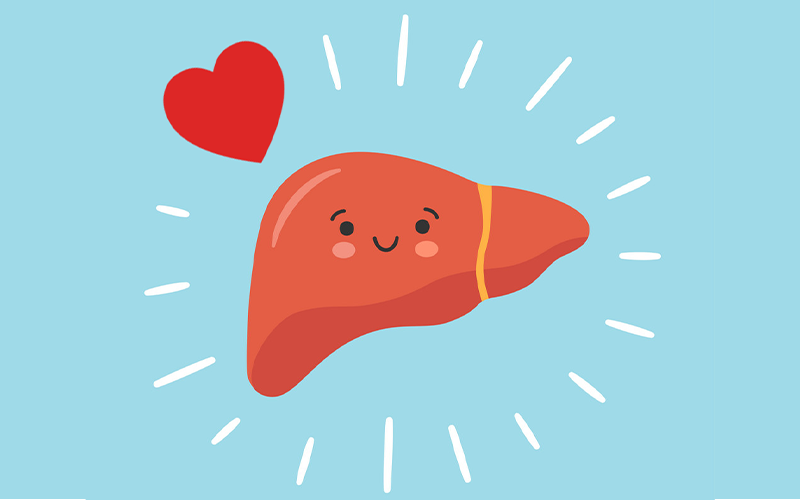By Marge Roberts, MSHP BSN DAHom
May 14th is Mother’s Day, a day set aside to honor our mothers. My mother has long since passed, but I will honor her with these words. She died of liver failure.
My mother had one sister and four brothers. The daughter of an alcoholic and sister of two alcoholic brothers, she lived the other extreme and never drank a drop of alcohol in her life. Ironically, she was the one to get cirrhosis of the liver, a progression from fatty liver disease. But don’t be fooled, even moderate alcohol consumption can lead to liver damage in susceptible people.
The liver is a large, reddish-brown organ located in the upper right side of the abdomen just above the stomach and below the diaphragm. Weighing three to four pounds, it is the second largest organ in the body; only the skin is larger.
Just like our mothers, our livers are often unappreciated and taken for granted. Our moms and our livers are always there, quietly doing their job. We often don’t thank them for all their hard work. We want to believe that they will always be there, fulfilling their respective role.
The liver regulates the composition of blood, including the amounts of sugar, protein, and fat that enter the bloodstream from the digestive system. It also removes bilirubin, ammonia, and other toxins from the blood. It processes most of the nutrients absorbed by the intestines during digestion and converts those nutrients into forms that can be used by the body. The liver also stores some nutrients, such as vitamin A, iron, and other minerals. It produces cholesterol and certain key plasma proteins, such as albumin, prothrombin, and fibrinogen, many of which are involved in blood coagulation. One of its most important functions is to break down alcohol and conventional drugs.
We have become a drug-obsessed society, our foods are permeated with pesticides and chemicals, and we continue to abuse our liver with fatty foods and obesity. In other words, our livers are constantly challenged. According to the American Liver Foundation, nearly 10% of Americans suffers from some form of liver disease.
Any conventional drug that we take is toxic to both our liver and kidneys, including among others antibiotics, diuretics, antacids, sleeping pills and antipsychotics. Almost every television drug commercial talks about monitoring liver and kidney function to identify potential impending organ damage.
According to the Mayo Clinic, an estimated 80 to 100 million people have fatty liver disease. Disturbingly, many of them don’t even know it, since the disease is mostly asymptomatic. Overconsumption of fatty foods and obesity can lead to fatty liver disease, as it did with my mother. I suspect that the combination of obesity and synthetic conventional drugs were more likely the cause. My mother’s mother, who was also obese with the same diet, but without drugs, lived in good health past 103 years.
According to Traditional Chinese Medicine, the liver is the organ that is most affected by excess stress or emotions. With the prevalence of stress in today’s society, the majority of us experience stress not only in our lives but also with our livers. In the natural healthcare world, an additional symptom of a compromised liver manifests in the form of headaches.
So, what can we do to love our liver? Avoid synthetic conventional drugs unless we absolutely need them. Try natural alternatives instead, such as diet changes, massage, supplements, chiropractic, homeopathy, exercise, meditation, acupuncture, and prayer. Homeopathy is an excellent way of detoxifying a burdened liver.
Lifestyle choices are crucial. If you are overweight, make a commitment to lose weight. Being overweight leads to the chronic diseases that are often treated with conventional drugs, which in turn, increase the chemical assault on the liver. Monitor your fat consumption, and try to eat healthy fats only. Eat organic and unprocessed foods whenever you can. The more processed the food that we eat, the more toxins we expose our liver to. Reduce alcohol consumption or eliminate it altogether, especially if there is a history of alcoholism in your family.
The American Liver Foundation also encourages us to limit direct contact with chemical toxins found in among others household cleaners, insecticides, and weed killers. If we must use these products, wear gloves and make sure the area is well ventilated. The liver is not only affected by what we ingest but also by what we inhale, and above all, by what is absorbed through our skin. Conventional body care products such as shampoo, soaps, and cosmetics contain a host of toxic chemicals, so be alert to this unexpected source of liver toxins.
Love your mother by sharing this information with her. She’ll love you—and her liver—for it!

